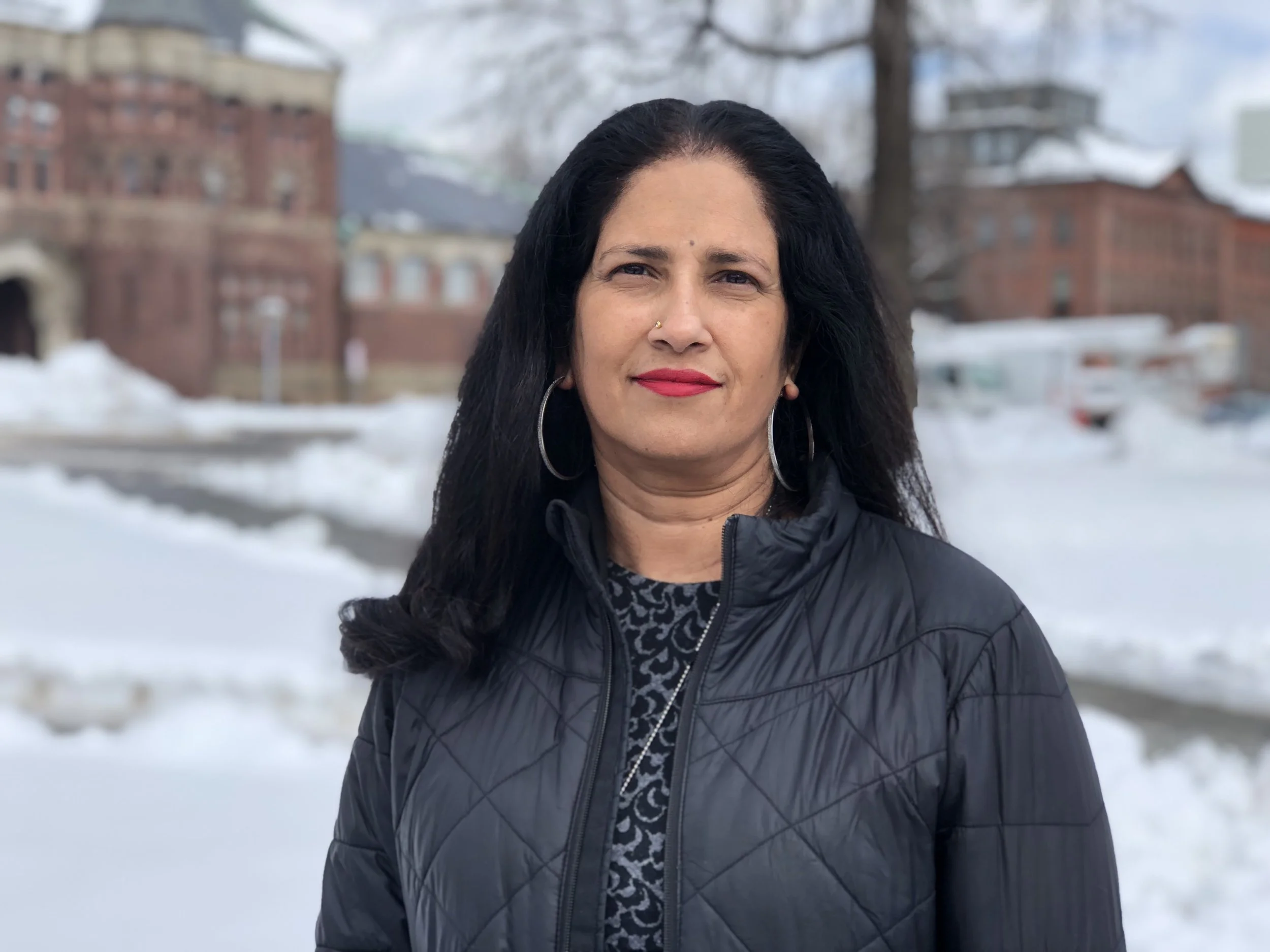New Equity Grantmaking in a Region of "Enormous Inequality"
/Photo: meunierd/shutterstock
Amid a tech boom that shows no signs of ending, the Bay Area has become one of the most economically stratified places in America. As Judith Bell, vice president of programs at The San Francisco Foundation (TSFF), recently wrote:
We live in a region with enormous inequality. There are glaring gaps between how people of color are doing compared to other communities. We have an economy that is galloping forward at the speed of light and seems to leave more and more people behind day by day, week by week, year by year. Clearly, the Bay Area is at a crossroads with deep implications for the future of our region.
What philanthropy can do to steer the Bay Area toward a more equitable future is a topic we write about often at IP. Here, as elsewhere, growing stratification is driven by multiple factors. The housing affordability crisis is a great example: Underlying this problem is an influx of affluent newcomers, laws that leave long-time residents vulnerable to eviction, and zoning and financing obstacles that make it hard to build enough new affordable housing. It can be hard to know where philanthropy can have the most leverage on this or other complex challenges facing the region.
One thing is clear, though: A lot is happening, with a growing array of funders addressing equity issues—including more players from the tech world—and using some new tools, like impact investing.
The San Francisco Foundation occupies a distinctive place in this funding ecosystem. This community foundation has a long-time interest in supporting social justice work. It's among the edgier funders in the Bay Area, in terms of talking openly about problems like structural racism. And, lately, as we've reported, TSFF has gotten edgier as its ramped up its equity-focused grantmaking. TSFF set out a new strategy for advancing racial and economic equity about a year ago and now money is moving out the door to execute that strategy. Topics of interest thus far have centered on workforce development, affordable housing, civic engagement, policy and advocacy, and racial inclusion.
In November 2016, TSFF was also quick to mobilize new resources through a rapid-response fund to support "moving building." A majority of the applicants have sought funding for work related to immigration and anti-Islamophobia work, both issues that have been exacerbated under the Trump administration.
Recently, TSFF announced a new grant commitment that topped $11.5 million, with the funds going to 140 organizations in the Bay Area.
Not only is this the largest combined grant announcement in TSFF’s history, but the round broke some new ground in terms of what the foundation supports. As Judith Bell explained in a blog post: "Several grants included advocacy for change and providing services in the areas of community safety and criminal justice, which represents the first time the foundation has focused on these issues. We are also funding a range of community organizing efforts and support for several organizations focused on providing services to take their first steps into advocacy around issues of equity."
This latest round also marks the funder’s first effort to open its grantmaking process across the Bay Area’s nonprofit community. Over the past months, it has been actively soliciting proposals to find a balance between supporting existing grantees and discovering new ones working in this field. Of the recent grants awarded, approximately one-third of them went to new grantees.
For local nonprofits, now would seem to be a good time to get in with TSFF, especially if you’ve never partnered with the foundation in the past. Meanwhile, TSFF has been making more core support grants, larger grants, and longer duration grants to existing grantees. Most grants in the past have been around $25,000, but the average grant size this time around was more like $80,000.
About 40 percent of the new grants were made for multi-year periods, also a shift from the funder’s previous strategy. Existing grantees that have been seeing TSFF’s support ramping up are working in the fields of tenant protections, immigrant defense, worker protections, sustainable jobs, and affordable housing. That last category, affordable housing, continues to be a huge area of interest for TSFF in Alameda, Contra Costa, Marin, San Francisco, and San Mateo Counties.
New TSFF grants are being awarded as part of three pathways (People, Place, and Power). You can view a list of the new grantees by pathway, as well as what they’re doing and how much they received, on the funder’s website.
Related:







































